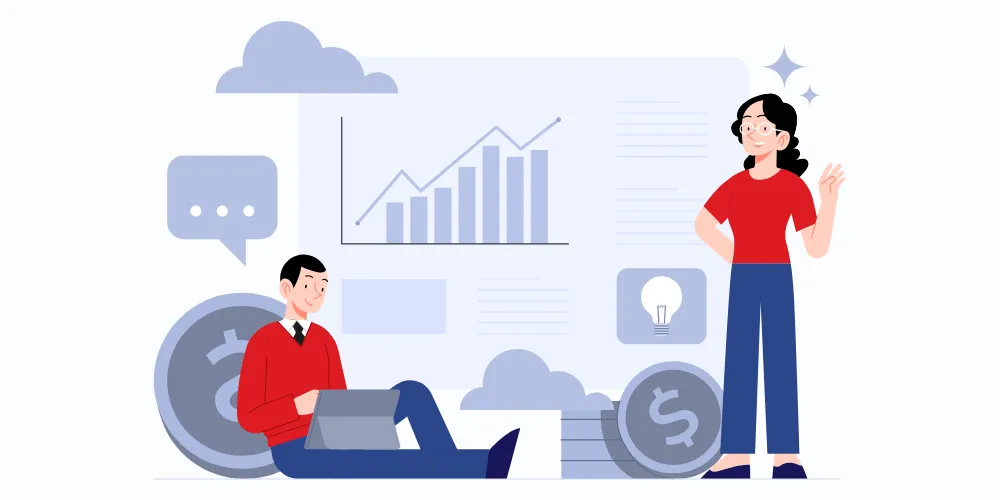
Aishwarya Govalkar
Product Manager
Aishwarya brings clarity to one of the most overlooked levers in business: sales compensation. She has spent 3 years immersed in the complexities of incentive design and operations, identifying the gaps in legacy processes and helping organizations transition toward scalable, human-centered solutions. Her mission is simple yet powerful: to make incentives a strategic driver of performance, not just a backend calculation.
After working closely with cross-functional teams across product, operations, and sales leadership, I’ve come to view sales compensation as much more than a pay mechanism. It’s a mirror of how an organization prioritizes effort, behavior, and outcomes. In my experience, when compensation is clear, timely, and fair, it becomes a powerful source of alignment and momentum. I’ve helped build and shape systems that eliminate ambiguity, automate complexity, and allow every stakeholder—from field reps to CXOs—to operate with confidence.
What I Believe About Incentive Management
“When people don’t understand how they’re being rewarded, motivation becomes a guessing game. I believe sales compensation should be transparent, responsive, and reliable so performance becomes intentional, not accidental."
Key Ideas & Contributions
Core concepts and frameworks that drive my approach to incentive automation
Drive Focus, Not Confusion
An incentive plan is like a compass; it should guide reps toward clear goals. Too often, I’ve seen overly complex or layered plans dilute impact and distract from core objectives. Simplicity in design doesn’t mean simplicity in logic—it means eliminating ambiguity so that teams know exactly what’s expected and where to focus their energy.
Compensation Strategy Is a Business Strategy
Sales compensation isn’t just an HR or operations task—it’s a strategic tool. The right plans support product pushes, market expansions, margin goals, and customer behavior shifts. I believe sales leaders and CXOs must view compensation design as a boardroom topic, not an afterthought. It’s where revenue ambition meets behavioral execution.
Every Role Deserves Intentional Design
Not every salesperson is a field rep, and not every manager is incentivized the same way. Inside sales, relationship managers, team leads, channel partners all need plans built for their reality. Generic plans lead to disengagement. I push for role-specific structures that reflect effort, influence, and impact at every level.
Agility Isn’t Optional
Markets shift. Products evolve. Competitors move faster than ever. Incentive systems must be agile enough to accommodate all of this without requiring a rebuild every time. Whether it's launching a new spiff, adding modifiers, or running what-ifs, agility keeps organizations competitive and responsive.
Featured Articles
Get in Touch
Have a question about incentive automation or want to just talk?
Ask Me a Question
I'd love to hear your thoughts on incentive management challenges
Direct Contact
For speaking engagements, consulting, or collaboration opportunities


